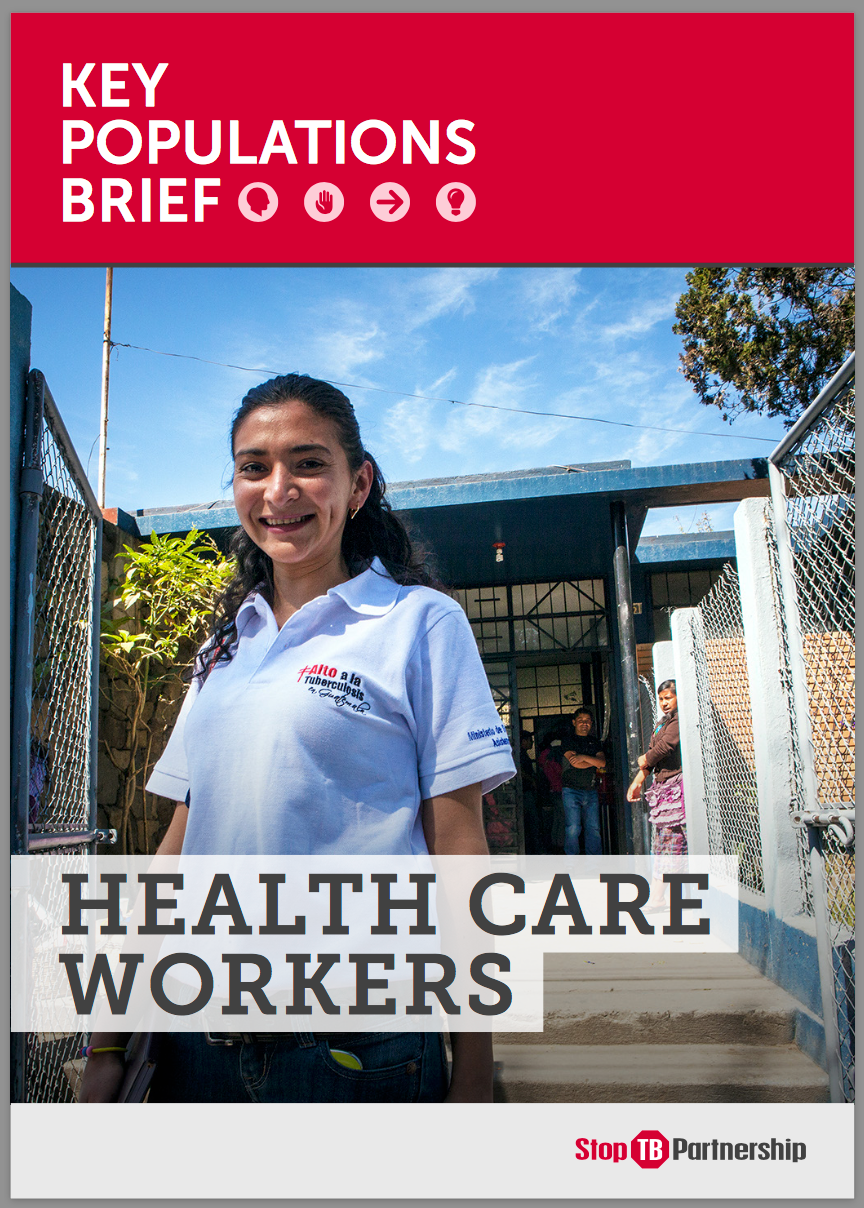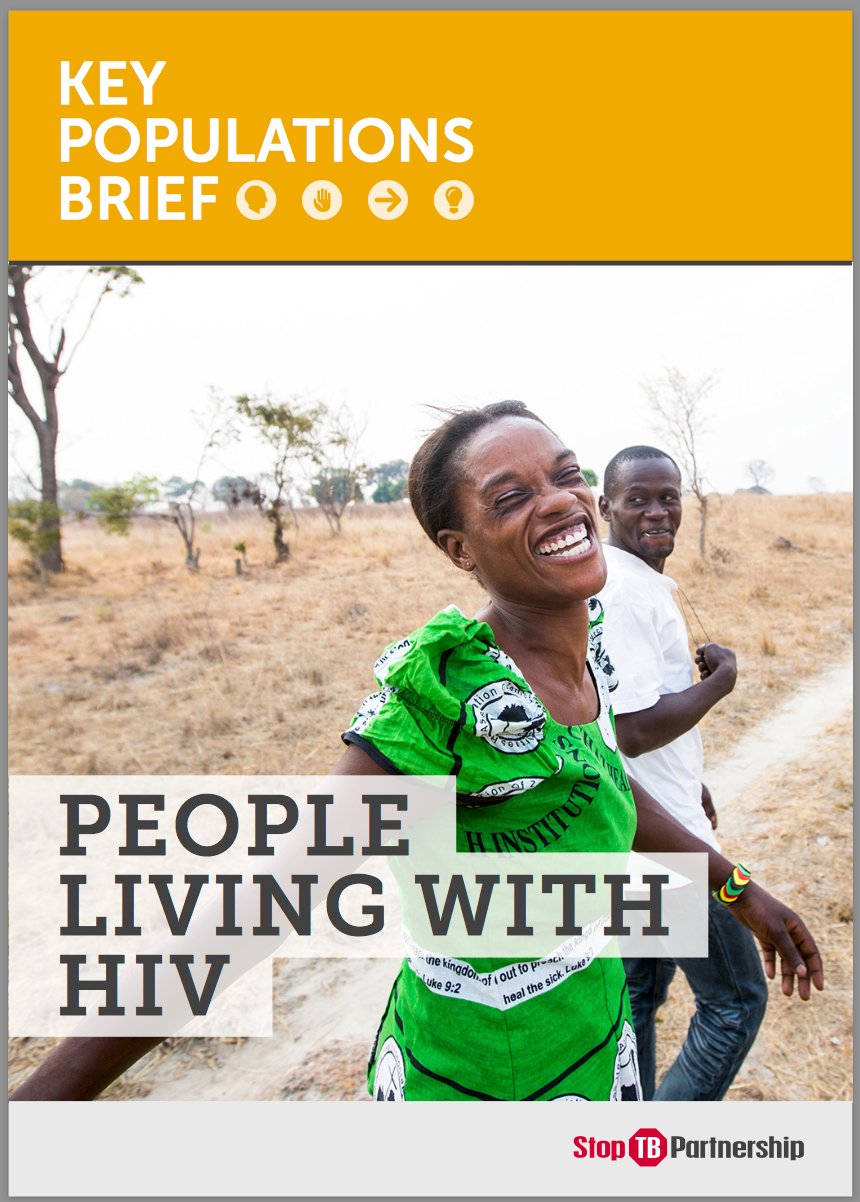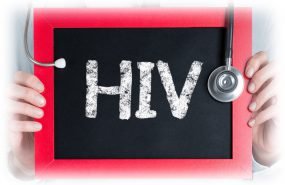TB Key Populations Briefs
- 11.01.2017 07:08
- Post Views: 1,589
Health care workers (HCWs) are at an increased risk of acquiring tuberculosis (TB) compared to the general population and are perhaps the most valuable resource in the fight against TB. The fear of stigma, coupled with weak labour protections and poor confidentiality measures, often means that HCWs are afraid to disclose their health status to employers for fear of being ostracized or losing their jobs.
This 25-paged document provides us with essential information on the issue, including key epidemiological data, description on policy restrictions and barriers, information on what is being done and recommendations on what should be done in order to achieve the global 90-90-90 end TB target.
The guide is available in pdf format.
People living with HIV (PLHIV) are extremely vulnerable to TB due to the HIV-induced immunosuppression. At the same time stigma, absence of precise point-of-care diagnostics, and poor integration of TB and HIV services make TB particularly deadly for this population.
The guide gives us an overview of the situation to date, including information on social, cultural and human rights barriers, and suggests necessary actions that are ought to be taken to improve it and come closer to the achievement of the set goals.
The guide is available in pdf format.
There are seven more Key populations briefs available from StopTB Partnership here.
Related News
Global Fund Technical brief on HIV and key populations Programming at scale with sex workers, men who have sex with men, transgender people, people who inject drugs, and people in prison and other closed settings
The purpose of this technical brief is to provide information for countries preparing funding requests for comprehensive programs that address the cascade of HIV prevention, diagnosis, treatment, and care for the following key populations: male, female, and transgender sex workers, gay men and other men who have sex with men, transgender people (especially transgender women), […] Read moreRoundtable organized by Global Fund
On 26 May (Russian) and 27 May (English) at 10.00 am (Geneva time) Developing Country NGO delegation of the Global Fund Board and the Global Fund Secretariat are organizing the Roundtable “Responses to HIV and TB in times of COVID-19 – strengthening engagement with civil society and communities in Eastern Europe and Central Asia (EECA)” […] Read moreCOVID-19 lessons: what can make the HIV programs in the EECA countries more sustainable? (LIVE discussion)
On May 5, 2020, from 11:00 a.m. to 1:00 p.m. EST (UTC+3), Alliance for Public Health will conduct a special LIVE discussion will be held on opportunities to improve the sustainability of national HIV programs that have emerged in connection with COVID-19. Post Views: 930 Read moreServices for migrants and refugees from Ukraine – HIV/TB care with a focus on key populations
Due to the increasing flows of refugees from Ukraine because of Russia’s invasion of Ukraine, the EECA Regional Platform created a spreadsheet to fill contacts details of face-to-face and online services for refugees and migrants (with a focus on HIV/TB care and key population groups).
Regional Platform – EECA
This web-resource is a part of new regional communication and coordination project “Regional Civil Society and Community Support, Coordination and Communication Platform - EECA”, implemented by Eurasian Harm Reduction Association (EHRA).
Tags
See also
-
EECA’s Regional Platform monthly Newsletter #20, January 2026 27.01.2026 12:58
-
Global Fund Eligibility List 2026 27.01.2026 11:19









